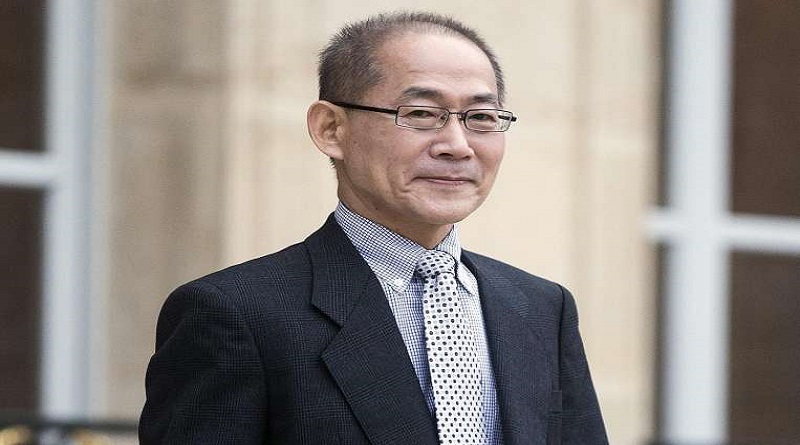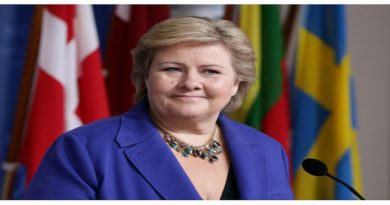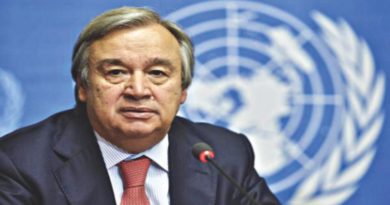IPCC invites six Nigerians, others to participate in Sixth Assessment Report
The Intergovernmental Panel on Climate Change (IPCC) has invited 721 experts from 90 countries to participate in the Sixth Assessment Report (AR6) as Coordinating Lead Authors, Lead Authors and Review Editors. This allows work to start on the next comprehensive assessment of the science related to climate change.
Among them are six Nigerians including Onyige Chioma Daisy, Ohiare Sanusi Mohammed, Ayanlade Ayansina, Demuodeke Ogheneruona, Adelekan Ibidun and Nnamchi Hyacute.
The Sixth Assessment Report will inform policymakers, international climate negotiators and other stakeholders about the latest knowledge on all aspects of climate change.
The bureaux of the three IPCC Working Groups selected the authors from 2858 experts representing 105 countries, following a call to governments and IPCC observer organisations for nominations. Working Group I is responsible for the physical science basis, Working Group II looks at impacts, adaptation and vulnerability and Working Group III covers mitigation of climate change.
“The Sixth Assessment Report will update our knowledge on climate change, its impacts and risks, and possible response options, and play an important role in implementing the Paris Agreement,” said IPCC Chair Hoesung Lee.
“These author teams, drawn from the hundreds of excellent nominations the IPCC was fortunate to receive, provide us with the necessary expertise across a range of disciplines to conduct the assessment. I am gratified that we have also raised the proportion of women and scientists from developing countries involved in our work,” he added.
Following their selection, the authors will now review the existing scientific literature and prepare drafts of the report on the basis of the outlines of the Working Group contributions already agreed by the Panel.
The three IPCC Working Groups will finalize their respective contributions to the AR6 report in 2021. A Synthesis Report will complete the AR6 cycle in early 2022, integrating all the Working Group contributions and the findings of the three special reports that are currently underway. The conclusions will be available in time for the first Global Stocktake, a periodic review of collective progress towards achieving the long-term goals of the Paris Agreement.
The outlines of the Working Group contributions to AR6 were agreed at the 46th session of the IPCC in Montreal in September 2017.
Of the selected experts, 44% come from developing countries and countries with economies in transition, 53% are new to the IPCC process and 33% are women.
For the Fifth Assessment Report (AR5), the IPCC selected 829 authors from over 80 countries. Of these, 37% were from developing countries and countries with economies in transition, 68% were new to the IPCC process and 21% were female.
The Intergovernmental Panel on Climate Change (IPCC) is the United Nations body for assessing the science related to climate change. It was established by the United Nations Environment Programme (UN Environment) and the World Meteorological Organization (WMO) in 1988 to provide policymakers with regular scientific assessments concerning climate change, its implications and risks, as well as to put forward adaptation and mitigation strategies. It has 195 member states.




